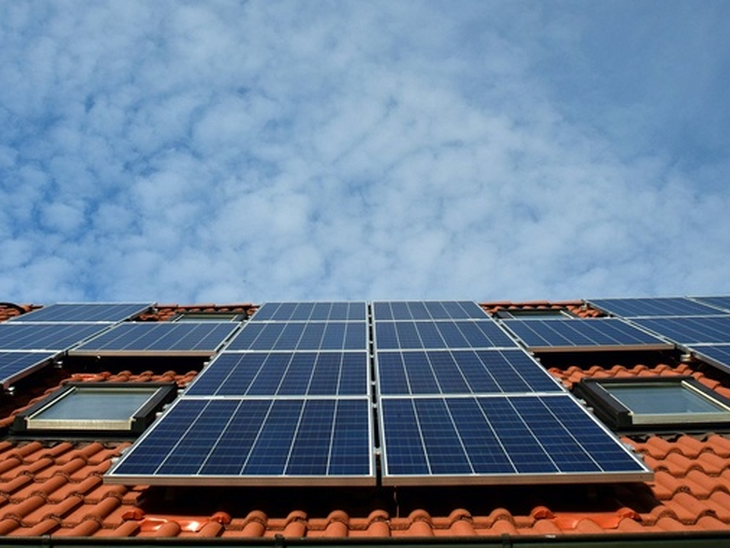
 Solar Energy
Solar Energy
T&B Petroleum/Press Office

The Bill (PL 5829/2019), currently under debate in the National Congress and which provides for the creation of a legal framework for generation distributed in Brazil, must move towards establishing the fair price for solar energy and other sources for all sectors. consumers in the electricity sector, in order to ensure legal certainty and predictability in the country.
The analysis is by Camila Nascimento, director of Win Energias Renováveis. According to the executive, the legal framework must consider the economic and social benefits of the distributed generation to society. “With more than 5 gigawatts (GW) of installed power on roofs and small plots of about 80% of Brazilian municipalities, the solar energy market has surpassed the mark of R $ 24 billion in accumulated investments since 2012, with approximately 150 thousand jobs generated ”, she comments.
In the view of the executive, who is also the state coordinator of the Brazilian Association of Solar Photovoltaic Energy (ABSOLAR) in Rio de Janeiro, PL 5829/2019, authored by federal deputy Silas Câmara and with current reporting by federal deputy Lafayette de Andrada, is today the most effective solution to avoid the risk of regression to solar energy and other renewable sources used for distributed generation.
"It is worth remembering that solar energy in distributed generation brings important social, economic, environmental and electrical benefits for the whole of society, whose attributes were contemplated in the substitute for PL 5829/2019", he explains. "Such benefits far outweigh any costs of the modality to the country," she adds.
What does the substitute bill Bill 5829/2019 propose
The substitute presented by deputy Lafayette de Andrada proposes the gradual payment, by consumers with distributed generation, for the use of electrical infrastructure, through the so-called TUSD wire B (Distribution System Use Tariff) of distributors and concessionaires. Additionally, it establishes a ten-year transition to change the regime in relation to the current model, in line with the guidelines of the National Energy Policy Council (CNPE).
The changes would take effect 12 months after the publication of the Law and guarantee the maintenance of the current rules for pioneering consumers, bringing more legal and regulatory security to consumers who generate their own renewable electric energy. For the systems of generation next to the load (for example, on roofs and facades of buildings), of shared generation (plants that produce credits of electric energy to consumers), EMUC (condominiums), self-consumption up to 200 kW and renewable dispatchable sources will have gradual payment schedule for TUSD Fio B, which rises from 0% in 2022 to 100% in 2033.
ABSOLAR, however, identified points of improvement in the text and Congressman Evandro Roman proposed and presented an amendment that provides a trigger for changing the rule from reaching a 10% share of distributed generation in the electrical supply of each distributor. It also suggests a reduction in half of the remuneration for the use of electrical infrastructure compared to the original text of the substitute, since such consumers use, on average, half of the network compared to a consumer without distributed generation.
Contact us